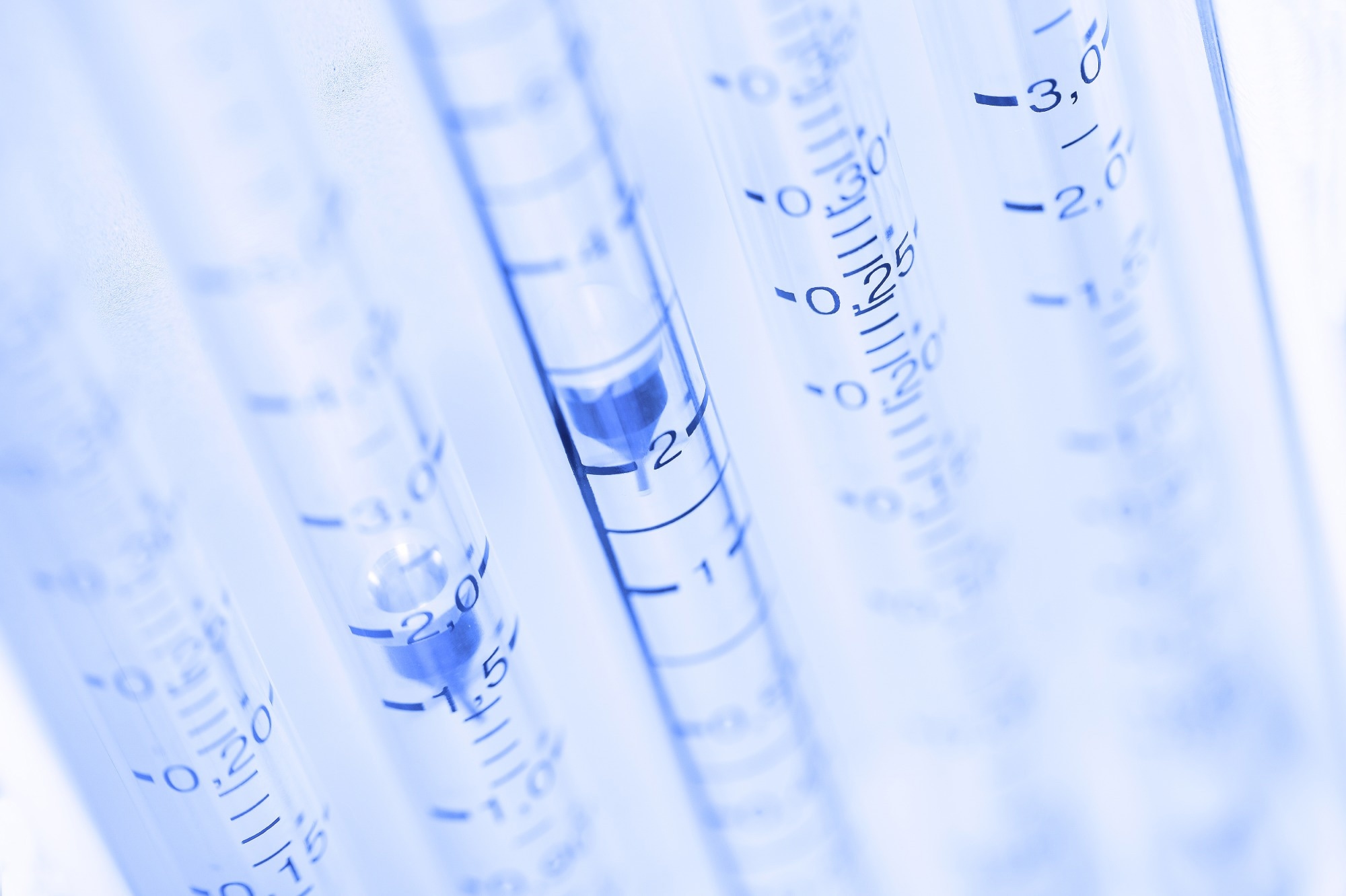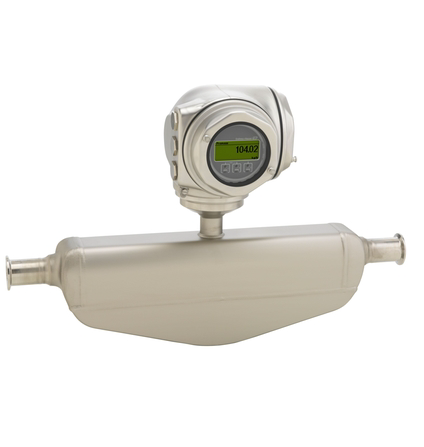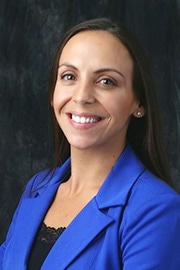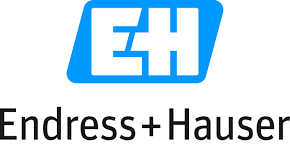In this interview, AZoSensors speaks to Endress+Hauser about their Coriolis range of flowmeters and how they can assist in a variety of industries, including life sciences.
Could you explain what Coriolis flowmeters are and how they work?
Lauton:
Coriolis flowmeters are a direct measurement of mass and density. They rely on the oscillation of measuring tubes and pick-up coils to measure both the phase shift of the tubes and deflection of the tubes.
The phase shift provides an accurate mass flow measurement, while the deflection of the tubes provides the direct density of the fluid passing through. They are highly accurate for various flow rates, temperatures, and pressures. Typically, we observe accuracy levels between 0.1 % and 0.05 % on most of our flowmeters.

Image Credit: sfam_photo/Shutterstock.com
What sets Endress+Hauser's Coriolis flowmeters apart from others available in the market?
Lauton:
One of our taglines is "Simply clever." This sums up our approach very well. We want to be on the edge of innovation, striving to meet our customers’ needs and develop the best product available on the market. We also want to make our products easy to use, simple to operate and troubleshoot, and to create consistency across all our Coriolis flowmeters.
With that, we can engage in numerous industries and diverse applications, extending beyond the pharmaceutical sector to include all industries. Our Coriolis flowmeters are intended for highly accurate applications, and such requirements exist in almost every industry.
Can you highlight some key features and recent innovations in your Coriolis flowmeter range?
Lauton:
Heartbeat Technology is one of our recent, significant innovations and a key feature in our flowmeters. This is an inline diagnostic in-situ verification and monitoring software built into the transmitters. Regarding Coriolis flowmeters, this software provides more information on the measurement status.
It can also provide information about the device's accuracy and predictive and preventative maintenance information related to the meter's performance at any one time or over a period of time.
We are constantly pushing the boundaries of the potential applications, which ties directly into our most recent innovation—the single-use Coriolis flowmeter. This product has not yet been technically released and is in development. Ideally, it will be ready for by the middle of 2024.
Bethany:
Most of our Coriolis flowmeters have been designed and developed for traditional stainless-steel manufacturing for pharmaceuticals, both biologics and small molecules. We have very fit-for-purpose Coriolis in that space.
We have our Promass P, which stands for Promass Pharma, and that is specifically designed to adhere to ASME BPE, and it can be installed vertically or horizontally and still be completely drainable with eccentric tri-clamps connections. This is our high-end pharma-based Coriolis flowmeter.
We also have a Promass A that is great for chromatography-type systems in the pharmaceutical industry. We additionally have titanium-based Coriolis flowmeters as well stainless steel options such as 904 and 316, and we can even do exotic alloys like C22, which are becoming more requested in pharmaceutical manufacturing due to their high resistance to chemical compatibility and corrosion resistance.
Single-use is another area in pharmaceuticals that has been quickly adopted over the last ten years. This is the ability to manufacture in a disposable manner so that the pharmaceutical plants can have less CapEx and fewer carbon footprints when it comes to utilities such as clean steam and CIP-type chemicals. This reduces the carbon footprint and the CapEx costs. Many pharmaceutical manufacturers have moved into this space.
The challenge is that this space has not been able to continue with the same level of accuracy and repeatability that our sensors in stainless steel have been able to do because it is a disposable type. This is an ironic request. How do we make something accurate, robust, and reliable that is meant to be disposable?
We have designed a Coriolis flowmeter to adapt to the single-use type of manufacturing. It is being released soon and is called Promass U. It is designed with the same principle of Coriolis and will be in a stainless tube, but it connects to polycarbonate hose barb fittings to join into tubing that would be on a single-use type of system.
In which industries are your Coriolis flowmeters most commonly used, and what benefits do they bring to these sectors?
Lauton:
I think we talked about the pharmaceutical industry and the benefits of Coriolis. You also see it in food and beverage, oil and gas, and chemical industries. The primary benefit is obtaining a highly accurate measurement.
The design of the Coriolis flowmeter is not affected by the fluid type, if it is, for the most part, a single-phase fluid. However, each of these industries has different challenges.
What Endress+Hauser tries to do with its Coriolis flowmeters is create sensors for different applications rather than create one sensor that fits all applications or tries to fit all applications.
We find that it is easier and more intuitive to create sensors that meet the needs of individual sectors of industries. While being robust, reliable, and highly accurate, this approach also helps the development of different sensors that meet more and more applications.
How does Endress+Hauser tailor its Coriolis flowmeters to meet the unique needs of different industries such as pharmaceuticals, oil and gas, and food and beverage?
Lauton:
On the oil and gas side, and even in the food and beverage sector, there are often a lot of custody transfer applications where materials are exchanged between two companies or two parties, and they want as accurate of a meter as they can get. The Coriolis flowmeter has been doing this job for years.
In the food and beverage space, you can see some custody transfers with milk receiving and other such applications, where there is an exchange between two parties.
In the oil and gas industry, there typically tend to be higher pressures, higher requirements, or higher strain on the actual fluid itself. Being highly accurate in these applications is extremely important.

The Endress+Hauser Promass P 300 is a flowmeter used for the life sciences industry. Image Credit: Endress+Hauser
Can you discuss the accuracy and reliability of your Coriolis flowmeters, especially in challenging fluid conditions?
Lauton:
When we have high pressures and temperatures, fluids behave differently, especially gases. There are some other challenging fluids as well. However, our accuracy does not necessarily change across our entire measurement range.
Reliability is not just reliant on the repeatability of a Coriolis flowmeter but also on the accuracy and availability of the meter.
When discussing reliability and availability, the key point is that our meters are designed to withstand harsh conditions. The materials we use aim to do the same, which increases our availability and, therefore, enhances the customer's trust in the measurement and avoids shutdowns for any specific reason related to the Coriolis flowmeters.
How do your Coriolis flowmeters integrate with smart industry practices and the concept of Industry 4.0?
Lauton:
We observe some adherence to industry 4.0, the Industrial Internet of Things (IIOT), and SMART industry practices in the US. I believe, over time, you will begin to witness a bit more of it. However, Coriolis flowmeters' ability to interact with that space is impressive.
I think the starting point for much of that is digital communication in general—which includes more information and more data from the meters themselves. Instead of merely receiving a mass flow and a density measurement output, many more inherent redundant measurements are taking place inside the meter. So, it is great to have all this data, but at some point, what do we do with all this?
This directly correlates with the question that many customers are moving to a more digital system—that is, toward clouds and high-level servers. Interacting with individual meters on the plant floor while sitting in a different state or country is now feasible, and it is how we can interact with the flowmeters.
Regarding a direct connection to a cloud-based environment, we are starting to do more by utilizing digital communication because it is just ones and zeros. Understanding the arrays of data that we have, sending those up to a cloud, and displaying them on a cloud-based level is something we are doing constantly.
Major players like 4-20 HART are related to digital communications. HART is technically a digital communication, but it is not as smart as EtherNet/IP, advanced physical layer (APL), or Power over Ethernet. Many components there tend to lead towards more information from the meter itself.
Our Coriolis flowmeters have EtherNet/IP, PROFINET, and Modbus. There are many opportunities to connect to any customer's cloud or an Endress+Hauser cloud, which we refer to as Netillion.
What kind of support and services does Endress+Hauser provide to ensure optimal performance of its Coriolis flowmeters for customers?
Lauton:
From a corporate standpoint, we provide technical support that is part of our service department in the US. This is based at our US headquarters in Greenwood, Indiana, , and at our offices in Pearland, Texas, just South of Houston. We have individual technical support experts working for Endress+Hauser who are very well-versed in Coriolis flowmeters as well as our entire range of products.
On a more localized level, Endress+Hauser has historically used a representative network for both services and sales in the US. On that front, we have a lot of trained, authorized service providers throughout the US, localized to specific regions. This provides more support at the ground level, and they have been working on Coriolis flowmeters since we introduced them more than 30 years ago.
I think both the corporate side, with the technical support experts we have, as well as our service coordinators and the repair and calibration group within Endress+Hauser, are excellent. On the localized level, the authorized service provider network is robust and competent in ensuring the performance of our Coriolis flowmeters and all our measurement products.
Bethany:
Not only can our field service team support localized troubleshooting, repairs, installation, and commissioning, but we can also perform tasks such as calibration optimization services. In this capacity, we actively assist the customer in optimizing their calibration structures and SOPs.
How do your Coriolis flowmeters align with sustainability goals and environmental considerations in various industries?
Bethany:
Sustainability has been a recent initiative for anyone aiming to find the best ways to be environmentally friendly.
Single-use is one of those approaches. When the concept first came out, there were questions regarding whether disposable manufacturing would increase the carbon footprint. Multiple studies over the last decade have showcased that moving away from traditional chemicals and utilities produces less carbon footprint.
Therefore, having single-use disposable Coriolis flowmeters contributes to the sustainability effort. This is one of the areas where we can offer support.
Lauton:
Endress+Hauser has sustainability and environmental goals as part of our brand. When we talk about sustainability, particularly in the context of measurement technology, including Coriolis flowmeters, we want to make sure that our devices are as available, reliable, and safe as possible.
This commitment starts from the design phase of the sensors, transmitters, and boards we manufacture, including all the electrical connections and components involved in the development of these products. All of this is done with sustainability and environmental repercussions in mind.
This is something that is integrated into our design phase, built into the different milestones we go through during product development, and carried through into the production of the devices themselves. We prioritize sourcing materials responsibly, avoiding those from poor sources, and opting for highly sustainable materials. On the development side, we are mindful of sustainability throughout the entire process.
What is on the horizon for Endress+Hauser in terms of new developments or advancements in Coriolis flowmeter technology? What are some of the biggest challenges you face in the flowmeter market, and how does Endress+Hauser adapt to these challenges?
Bethany:
The most significant innovation we expect in 2024 is the single-use Promass U Coriolis flowmeter designed to cater to single-use applications in the pharmaceutical industry. The single-use sector has faced challenges with the accuracy and reliability of available sensors, particularly in flow applications.
This is especially critical in pharmaceuticals, where every drop holds significant value, and the industry is keen on maximizing the yield. The Promass U will meet this demand by offering the most accurate meter available for that market.
Lauton:
Over the past 20 years, we have developed many Coriolis flowmeters. At this point, with numerous applications and Coriolis flowmeters in the market, our focus has shifted to revisiting and understanding how the market may have evolved.
For example, we are currently redesigning our Dosimass and Dosimag products, which are used in dosing and filling applications. While they are occasionally used in life sciences, their primary application is in the food and beverage industry. We are redesigning based on some new needs that the market has requested.
This positions us well because we have experience developing those products. Redesigning and the associated challenges are more manageable due to our past experiences. This allows us to be more strategic in identifying products that may need redesign based on market feedback. We also assess the current performance of products and identify opportunities for new products that align with emerging markets.
For example, consider hydrogen—there is a significant increase in discussions about hydrogen generation, hydrogen-powered cars, and the establishment of filling stations. While this may not see immediate implementation, it is something that we are closely monitoring over the next couple of years to observe how the market evolves. We aim to adapt our existing products or design new ones that best fit into these industries.
Can you share Endress+Hauser's vision for the future of flow measurement and how Coriolis technology fits into this vision?
Lauton:
Our vision for the future of flow technology stems from our customers. We have begun to observe many customer needs and numerous applications that historically have not presented measurement opportunities. The question arises, "What can we do here? Is there an opportunity for Endress+Hauser to address this need?"
I think this shapes our vision and influences the design of our products. Without our great customers, we would not be able to understand what their needs are.
Our vision is guided through the eyes of our customers. If our customers identify a fit for a Coriolis flowmeter in a specific application, then we delve deeply into it to determine its feasibility and relevance. This is how I envision the progression of flow measurement.
Bethany:
Our founder had a saying: "First serve, then earn." By that, he meant we must meet the challenges of our customers to be successful. At Endress+Hauser, we live and breathe this principle. It remains applicable today as we look at our investments and the future of all our technologies, especially in the realm of flow. Our focus is on our customers' needs and demands and adhering to them.
About the Speakers

Lauton Rushford is a national marketing manager for flow products at Endress+Hauser USA. He graduated from Purdue University in 2018 with a Bachelor of Science in nuclear engineering. Lauton joined Endress+Hauser shortly thereafter as an inside sales engineer. Throughout his five years with the company, he also held a regional industry management role focusing on solutions in the water and wastewater industry.

Bethany Silva is responsible for the strategic direction, vision, and growth of the Life Science Industry in the U.S. Bethany has worked with several life science companies with positions in R&D, process development, marketing and technical sales. She brings more than 20 years of experience in sales and marketing to the role, with more than 14 years dedicated to life sciences.

This information has been sourced, reviewed, and adapted from materials provided by Endress+Hauser Ltd.
For more information on this source, please visit Endress+Hauser Ltd.
Disclaimer: The views expressed here are those of the interviewee and do not necessarily represent the views of AZoM.com Limited (T/A) AZoNetwork, the owner and operator of this website. This disclaimer forms part of the Terms and Conditions of use of this website.